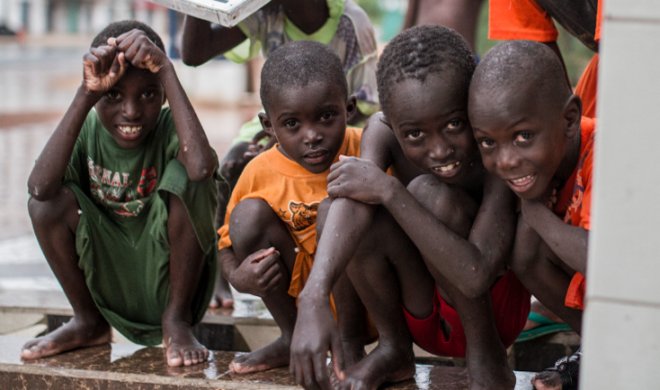|
|
|
Street Children |
Street Children |
Street Children | Street Children |
Explore
all about the West African nation of Senegal in articles, pictures, videos
and images.
More >
|
|

|
The begging takes place seven days a week by the boys, known as talibe children (from the Arabic for student), who are reported to suffer extreme neglect and abuse by their so called teachers, known as 'marabouts'. The African director at the Human Rights Watch stated "Senegal should not stand by while tens of thousands of talibe children are subjected every day to beatings, gross neglect, and, in fact, conditions akin to slavery." Ironically whilst these talibe street children beg for 5-7 hours every day whilst away from home at school, their actual studies during the evenings simply comprise the learning of verses of the Koran off by heart so that when they leave school that's pretty much all they can do with none of the broader education that would assist them in finding adult employment. Part of the failure to address this problem in Senegal, which has tried various approaches including the banning of begging, is that talibe children, having been schooled in religious doctrine, are easy to control by religious leaders boosting their brotherhood numbers and therefore their influence in the community. It's therefore in the interest of these leaders to maintain the talibe role even though the actual government is a signatory to all international conventions on the rights of children and incorporated them into national law. Apart from the talibe, there are an estimated 6,000 - 10,000 street children on the streets of Dakar, the country's capital city. These are the children who have no where to return to and who are forced to harass pedestrians, beg and run between passing cars in the hope of finding lost change. At night they sleep in cardboard boxes with rice sacks for blankets. Yet there are a further 90,000 child beggars who do have homes to return to, but are forced onto the streets by parents in the hope that they will return with anything to supplement the meagre family income. The video (below) provides some insight into the lives of street children in Senegal. Also below is a directory of some projects and programs working in Senegal with these children who are looking for your support. |













